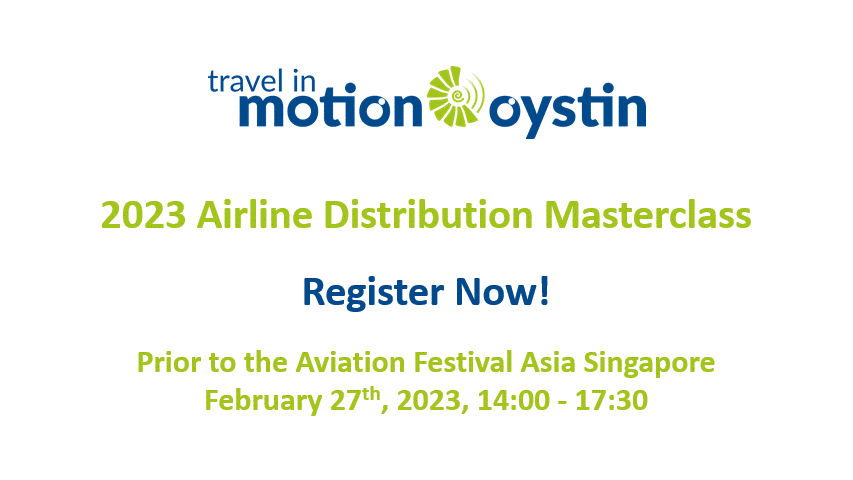The Payment Jungle
Current situation
Even in normal times, the airline business is anything but easy. Competition, fuel costs, regulations and growing environmental awareness challenge the industry and make airline operations a demanding task. After the pandemic subsided, a certain recovery was felt, but the current rather difficult economic environment, the war in Ukraine and high energy costs bring new risks and challenges.
Not only the operational business faces challenges in this difficult environment, but also the back office of an airline. This is reason enough to take a closer look at the problems and developments in the area of payment handling for airlines. Specifically, we will take a closer look at service providers, markets and regulation.
Service Providers
Payment processing, credit card acquiring and controlling were carried out by the airlines themselves until the early 2000s. Growing regulation, new security standards in payment processing such as PCI and an increasing number of international and regional means of payment have led to more and more processes being outsourced to specialised and appropriately-certified service providers. In good economic times, the airlines were very attractive customers for these providers. This changed with the groundings of many airlines in the past decade, including some large and well-known carriers. For credit card acquirers in particular, aviation became a risky business as they were often the ones left out of pocket. Airline ticket sales are paid immediately but usually not used until weeks (or even months) after purchase. The total value of all tickets sold but not yet flown constitute the “unflown revenue”, and this quantifies the risk for the acquirer. In the event of a grounding, the acquirer is left with the ticket holder’s claims for reimbursement. More and more, airlines had to fulfil challenging conditions in order to get access to acquiring contracts at all, and the conclusion of such contracts is often linked to painful conditions for the airlines. These can mean providing security deposits such as rolling reserves (payments withheld by the acquirers), payment only when flown or the division of the business among several acquirers (risk splitting). For most airlines, credit cards are still the most widely-used means of payment, so these security deposits can have quite a painful impact on liquidity.
The number of external service and payment providers is also constantly increasing, which leads to higher processing costs as well. Payment service providers (PSPs), payment orchestrators, reconciliation services, fraud screeners and alternative payment methods charge fees for their services and thus make ticket sales more expensive.
Markets
Carriers operating worldwide usually have a very international clientele to which one must also adapt in the payment area. This means that the most relevant means of payment must be offered for each market. In addition, the credit card business can also be very different between individual markets due to legal regulations or regional standards. This not only generates more provider fees, but also increases the complexity of the processes. Airlines used to be able to map this complexity to their own system platforms, but today, this is no longer possible for the reasons already described. That is why PSPs were first forced to incorporate airline-specific features as “bespoke services”. Later, so-called “payment orchestrators” came onto the market, who inserted themselves as an additional application layer between the airlines and the PSPs, and from then on took over the control and routing of the payment processes.
Another topic is the change of customer needs. Payment should be secure, fast and simple all at the same time. It is possible to meet all requirements in this area of conflict, however the design of corresponding solutions is associated with great effort. Internationality and growing customer requirements create even more complexity, and this makes the development and operation of booking systems more expensive and slower.
Regulation
Dealing with customer requirements and external service providers is complex in itself, but national regulators, the EU and the card schemes add to this with their regulations. Especially in the areas of security and costs, merchants (including airlines themselves) and service providers are confronted with a growing number of regulations and restrictions.
With the Payment Services Directive (PSD) 2 regulation, the EU issues regulations on fees and security. Credit card fees, for example, may not exceed a certain amount (which for once is in favour of the airlines), but so-called “surcharging” (charging the payment fees to the end customer) is severely restricted. This is a painful cut, especially for the airlines. Furthermore, a two-factor authentication process is mandated for online payments.
The credit card schemes (Visa, Mastercard, American Express etc.) have reacted to this regulation with the security standard “3-D Secure 2”. Since the policy limits revenues by capping acquiring fees, the schemes are reacting with an almost unmanageable number of new fees.
With PCI DSS (Payment Card Industry Data Security Standards), the card schemes want to prevent the theft of credit card data. Since the complexity of the corresponding requirements makes it almost impossible for merchants and service providers to implement them on their own, a market for specialised service providers for tokenising credit card data has also established itself here. Of course, these providers do not work for free either, which leads to a further increase in the cost of payment processes.
Change as an opportunity
Many of the topics described above are given – especially when it comes to service providers and sales markets – and simply have to be implemented. Here, it is advisable to work with a specialised payment orchestration service.
When it comes to regulations, on the other hand, there are a number of exceptions and intelligent solutions with which negative effects can be neutralised. For example, there are simplified checkout procedures for registered customers, payment surcharges are still allowed under certain conditions, and the regulations concerning PCI DSS can be adhered to with little expense through the integration of tokenisation services.
The facts described above could give the impression that service providers, customers and regulators have conspired together to make life difficult for the airlines. However, if you take a closer look at the new regulations and restrictions, you will discover advantages for all market participants. All the policies and regulations were not invented to make life difficult for the industry. By consistently adhering to the guidelines, companies can significantly reduce the risks of data theft, fraud and the resulting chargebacks.
At its core, payment process design is about getting to grips with three factors: cost, risk and conversion. Despite all the issues described above, a well-balanced payment landscape can be customer-friendly, secure and comparatively cost effective. The basis for this is a good concept and, as so often in our industry, the choice of the right partners.
At Travel in Motion, we can help you finding your way in the jungle of customer needs, regulations, regional characteristics, cost pressures, scarce resources and security requirements. Both airlines and vendors can benefit from our expertise and experience.
This post has been published in collaboration with Terrapinn.
(Urs Kipfer, 8. June 2023)









